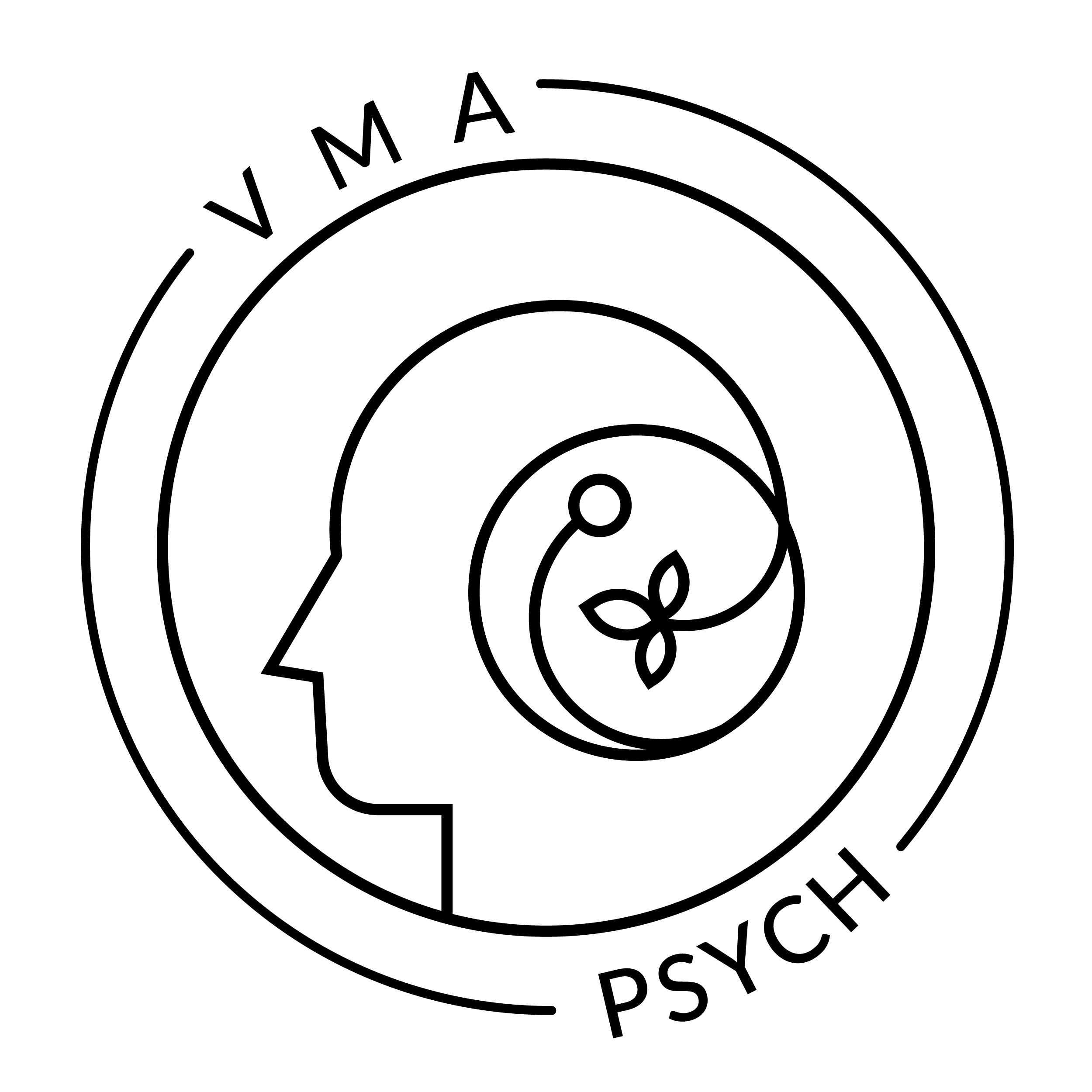
Family life can be both deeply rewarding and uniquely challenging. At VMA Psych, we understand that family dynamics are complex, shaped by individual personalities, communication styles, cultural backgrounds, and life transitions. When miscommunications, unresolved conflicts, or emotional distance begin to impact the well-being of the family system, professional family counselling can provide the structure and tools needed for meaningful change.
This article explores how engaging in family counselling services fosters stronger, healthier, and more resilient relationships. We'll outline the psychological foundations of this approach, key benefits, when to seek support, and what to expect from the family therapy process at VMA Psych.
Understanding Family Counselling
Family counselling, also known as family therapy, is a form of psychotherapy that works with families to improve communication, resolve conflicts, and strengthen emotional bonds. It is grounded in systems theory, which views the family as an interconnected unit, where each person's behaviors and emotions influence others.
Unlike individual therapy, family counselling emphasizes relationships, patterns of interaction, and shared emotional experiences. It focuses on how families function as a whole rather than placing responsibility on any one member.
Therapists use evidence-based approaches such as Structural Family Therapy, Emotionally Focused Therapy (EFT), and Cognitive-Behavioral Family Therapy to help families navigate challenges and build more adaptive, supportive connections.
Key Benefits of Family Counselling

Family counselling provides a safe, structured environment for exploration, healing, and growth. Here are five core ways it fosters stronger family connections:
1. Enhanced Communication
Communication is the foundation of healthy family functioning. In therapy, families learn to:
Practice active listening without judgment or interruption
Express needs, emotions, and boundaries clearly and respectfully
Replace assumptions and passive-aggressive behaviour with direct dialogue
Improved communication reduces misunderstandings, prevents escalation, and helps family members feel heard and validated.
2. Constructive Conflict Resolution
Conflict is inevitable, but how it’s managed determines its impact. Family counselling helps:
Uncover root causes of recurring disagreements
Shift from blame to collaborative problem-solving
Regulate emotional intensity and prevent destructive escalations
Therapists teach families tools like time-outs, structured dialogue, and emotional regulation techniques to de-escalate conflict and promote resolution.
3. Stronger Emotional Bonds & Empathy
Through guided conversations, families:
Learn to see situations from each other’s perspective
Validate each other’s emotions, even when disagreeing
Rebuild trust and address past hurts in a supportive setting
This deepens emotional safety—an essential foundation for closeness, resilience, and secure attachment.
4. Clearer Boundaries & Healthier Roles
Ambiguous roles and porous boundaries often fuel dysfunction. Therapy provides clarity by:
Helping families establish appropriate emotional and relational boundaries
Clarifying responsibilities and expectations
Supporting individual autonomy within a connected family system
When each member knows their role and feels respected in it, tension and resentment decrease.
5. Support Through Life Transitions
Significant changes can strain even strong families. Counselling offers tools for:
Coping with divorce, remarriage, or blending families
Supporting children and teens through developmental changes
Managing illness, grief, or loss together
Adjusting to major life events such as relocation or job changes
Family therapy equips families to adapt and grow through life’s inevitable challenges.
When to Consider Family Counselling

You might benefit from family therapy if you notice:
Constant arguments or unresolved tension
Behavioural concerns in children or teens
Difficulty navigating major transitions (e.g., divorce, new baby, relocation)
Emotional disconnection or lack of trust
Struggles supporting a loved one with mental health needs (e.g., anxiety, ADHD, depression)
Coping challenges following trauma, grief, or loss
Proactive engagement in counselling can prevent issues from escalating and strengthen the family system before patterns become entrenched.
What to Expect at VMA Psych
Our family counselling process is compassionate, structured, and customized to your needs. Here's what the journey looks like:
1. Free Intake Call
Our process begins with a free intake call to discuss your family’s concerns, goals, and determine the best-fit therapist.
2. Initial Family Session
You’ll meet with your therapist in a non-judgmental space to explore your family’s dynamic, challenges, and strengths.
3. Collaborative Treatment Planning
Together, you'll define shared goals for growth, guided by your therapist. Each family member's voice is honoured in shaping the therapeutic journey.
4. Ongoing Sessions
Regular sessions provide opportunities to practice communication skills, explore emotional dynamics, and address patterns that no longer serve the family. Therapists use modalities like:
Emotionally Focused Family Therapy
Cognitive Behavioural Techniques
Psychoeducation and Skill Building
5. Practical Tools & Integration
Families receive tools and exercises to apply insights outside of sessions, reinforcing progress in daily life.
6. Closure & Continued Support
When goals are met, therapy concludes with reflection on progress and planning for the future. Ongoing support is available if needed.
The Science Behind It
Family therapy is supported by decades of research. Studies show that it can:
Improve parent-child relationships and reduce adolescent behavioural issues
Decrease symptoms of anxiety and depression across the family system
Promote better academic and social outcomes for children
Enhance emotional regulation and resilience in both adults and youth
Models like Bowenian Family Therapy and Structural Family Therapy, as well as the work of pioneers like Dr. Murray Bowen and Dr. Salvador Minuchin, form the clinical foundation of modern family counselling.
Begin Your Family's Healing Journey
At VMA Psych, we believe every family has the potential for connection, growth, and healing. Whether you’re facing ongoing conflict or simply want to strengthen your relationships, our expert clinicians provide the tools and support needed to move forward together.
Contact us today to book your free intake call and take the first step toward a more connected, resilient family.
Welcome to VMA Psych.
Your trusted provider of exceptional mental health services in the GTA & beyond. Learn More
With 40+ years as Toronto's leading psychologists, we guide individuals through life's complexities, offering specialized services for a brighter future.





















